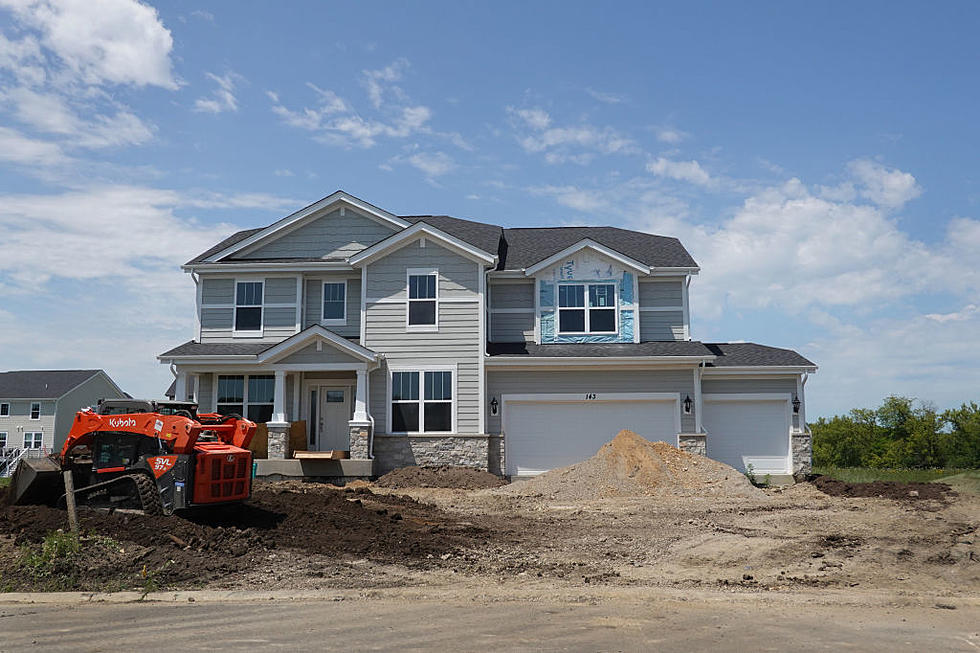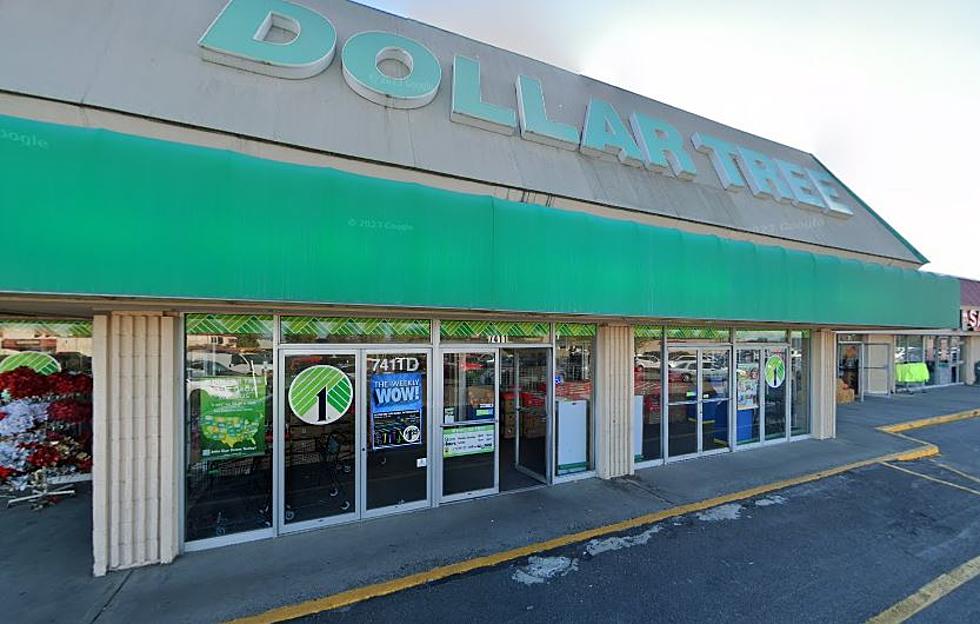
WA Building Code Council Uses Carbon Credits to Limit Natural Gas
The Washington State Building Code Council has removed one requirement that could be a barrier to affordable home and business construction but has added another in an attempt to limit or eliminate natural gas.
Building Code Council mandates more carbon credits for natural gas
During their September 15th meeting in Spokane, the council adopted what the Building Industry Association of Washington says are rules that run afoul of a recent Federal Court decision.
The 9th Circuit Court of Appeals ruled against the City of Berkeley, CA and struck down their natural gas ban earlier this summer. However, the Building Code Council has now adopted new rules that could make the use of natural gas too costly in new homes and businesses.

According to BIAW Executive Vice President Greg Lane:
“Unfortunately, the State Building Code Council continues to ignore federal law and public opinion. Instead, they insist on unnecessary new codes that restrict access to natural gas energy for new homeowners, restaurants and other businesses and continue to drive up the cost of housing for no discernable gain in energy efficiency."
According to the BIAW, the Building Code Council replaced one roadblock with another:
"The Prescriptive Pathway (035) removes the heat pump mandate but requires more credits for compliance and indirectly ensures that natural gas for space and water heating is so cost-prohibitive (based on credit allotments) that it would deter usage of natural gas in new homes. Instead of five credits, this pathway requires eight credits for compliance, which further adds to the cost of building new homes, thereby making it impossible to choose natural gas appliances."
Because the Building Code Council adopted these new mandates, the BIAW is now requesting they not go into effect until July, 2024. They and other stakeholders in the industry are actively examining their legal options.
Historic cities: 10 metros with the oldest homes
More From 870 AM KFLD









